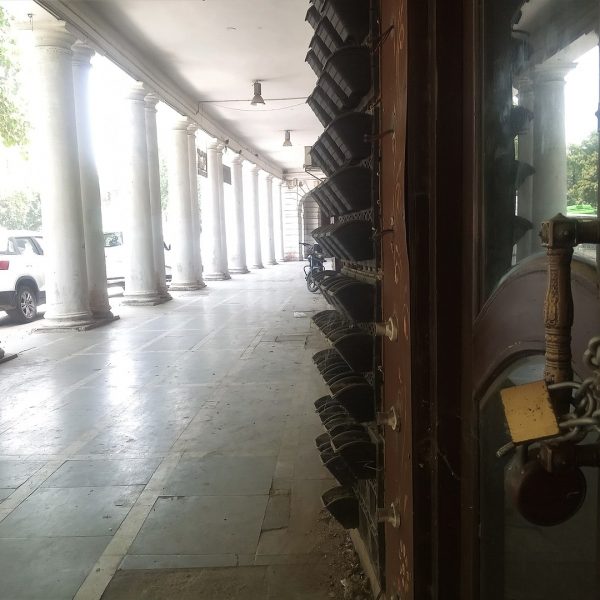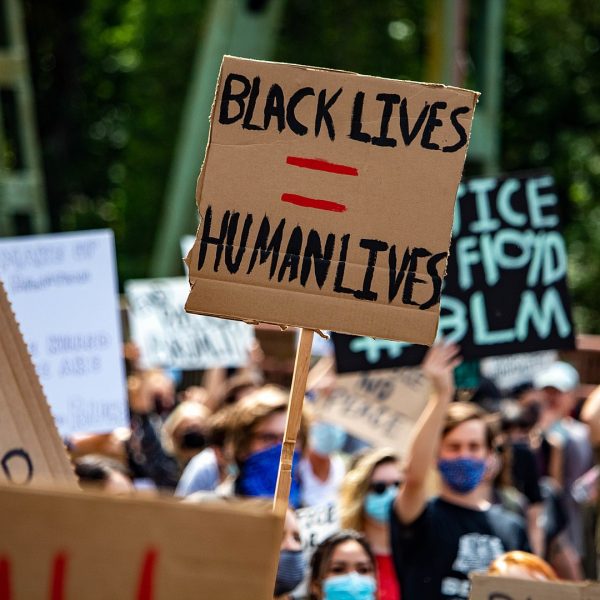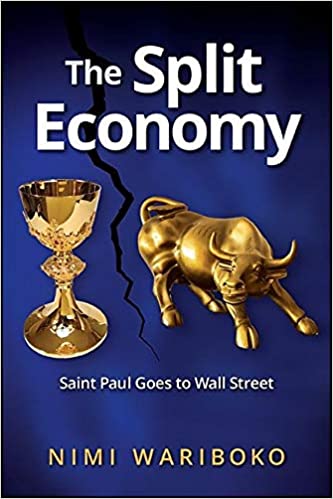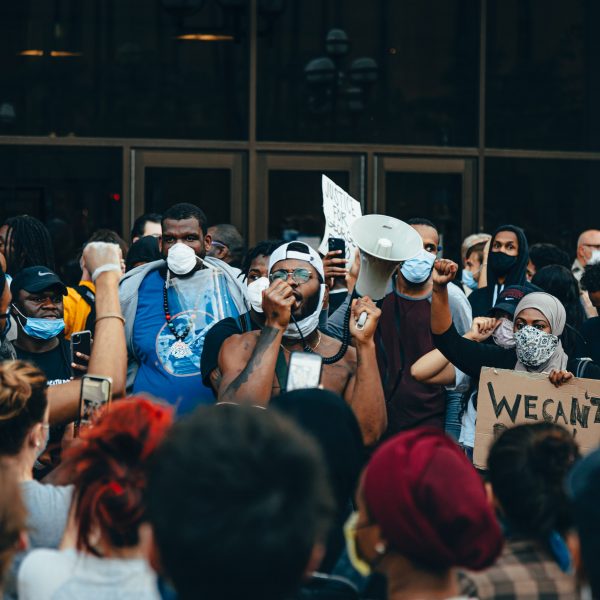
“Seek ye first the political kingdom of God and all these things shall be given unto you.”
By RC Jongte

Remembering a future that is habitable for humanity and receptive to justice requires remembering the inconvenient past that, when surfaced, can threaten the status quo.
By Henry Kuo
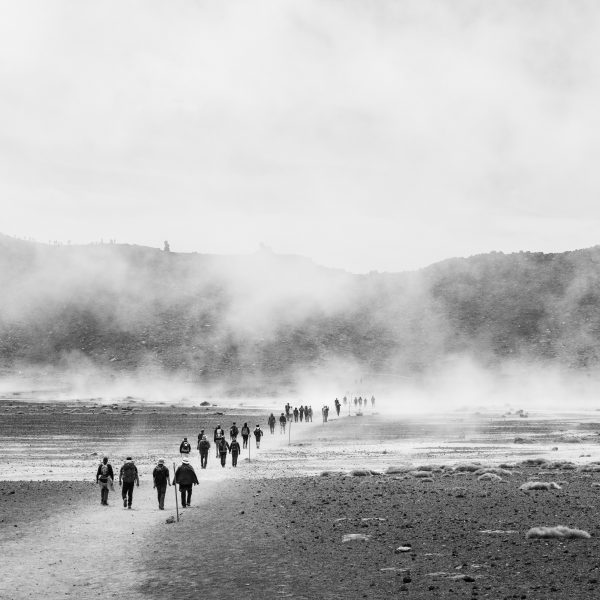
While the pandemic challenges our physical borders, it simultaneously bridges our differences, revealing that we are all migrants.
By Shalon Park

While even his closest associates would lean towards dismissing the people to fend for themselves, [Jesus] invites the community of the wilderness into a divine economy of care. Sharing, as a physical manifestation of that care, requires a suspension of the belief that scarcity is the only reality available in the moment of want.




